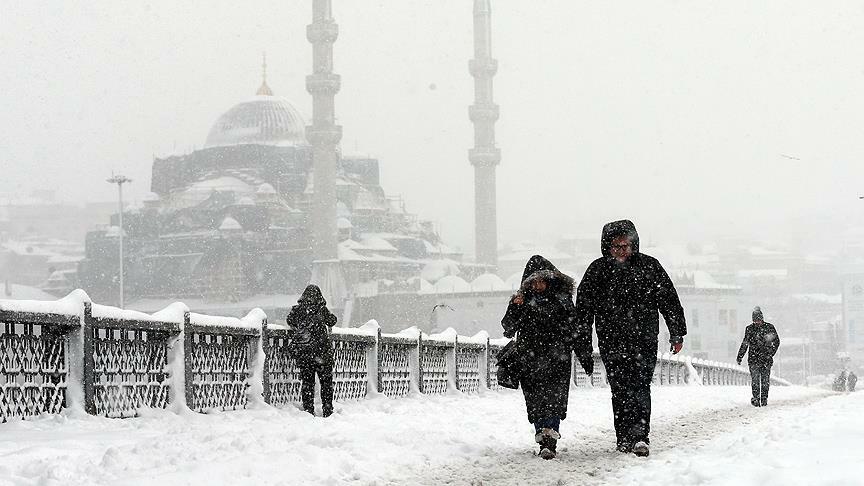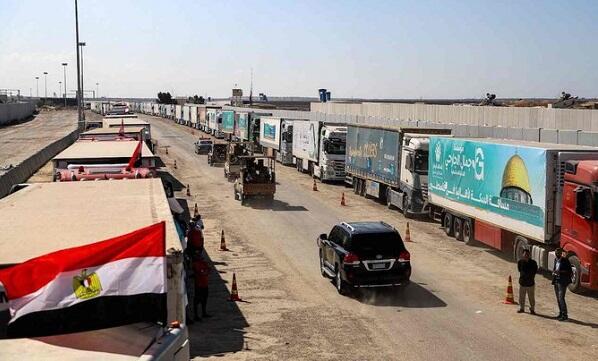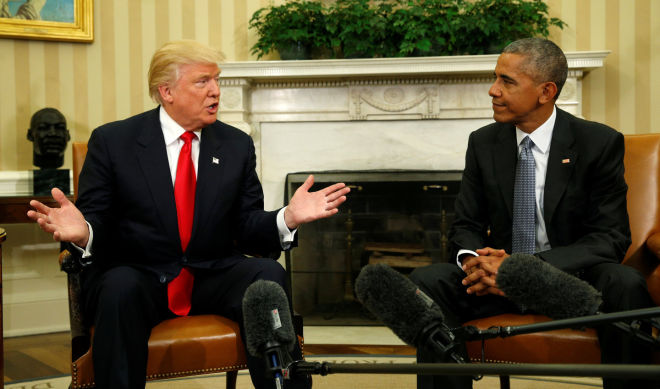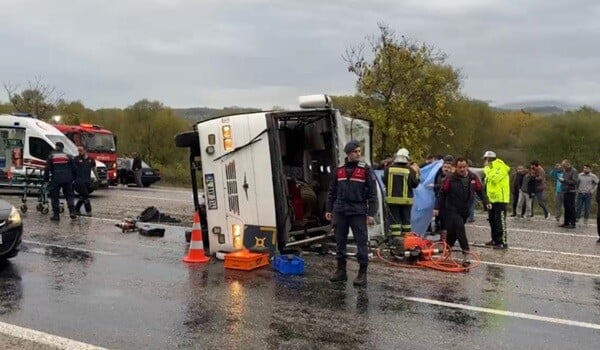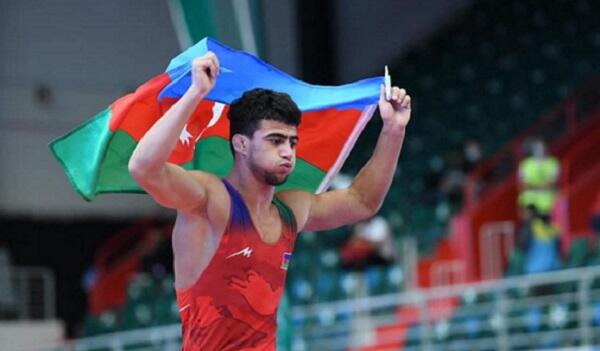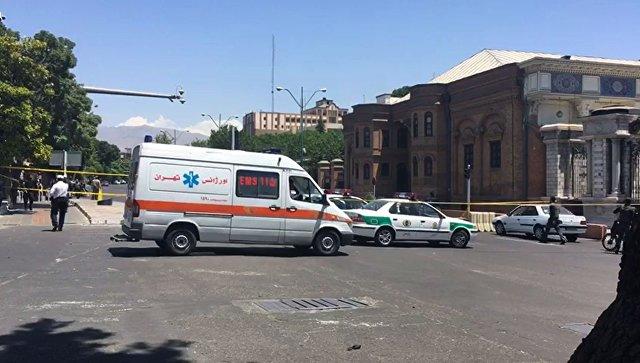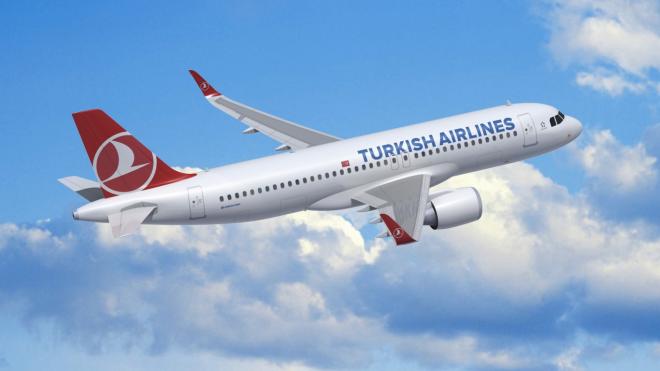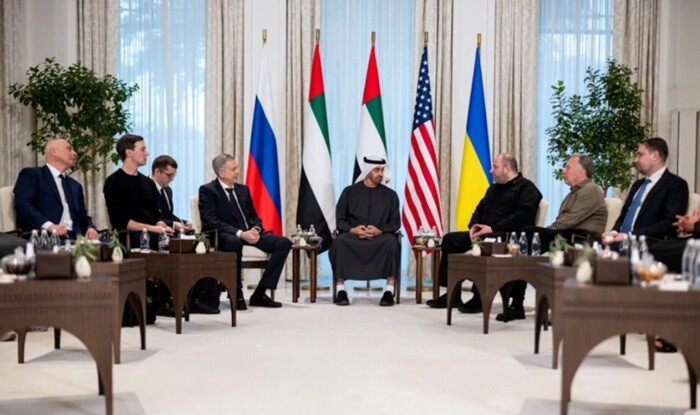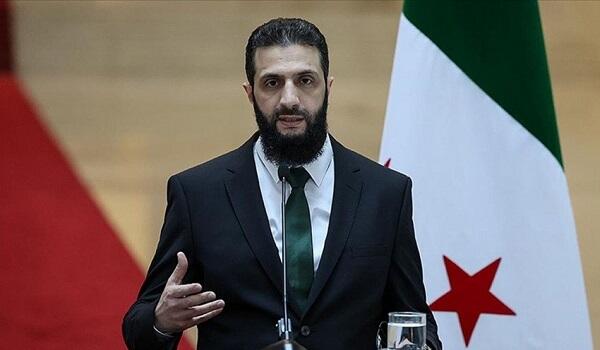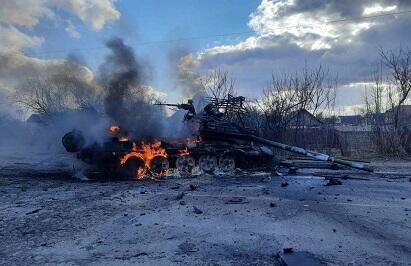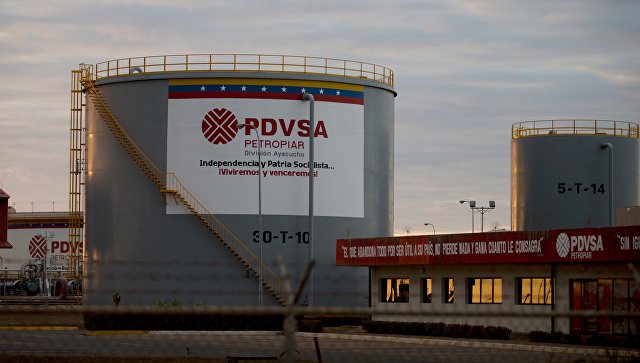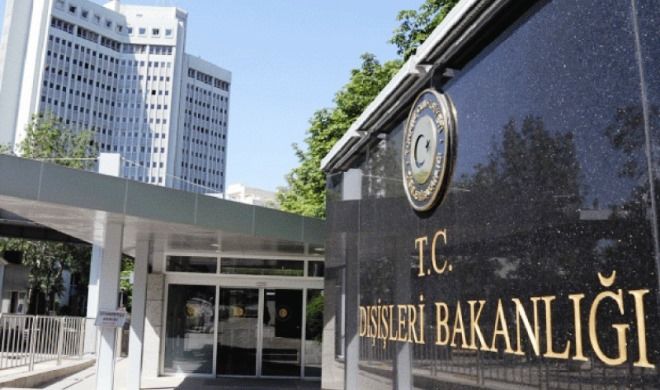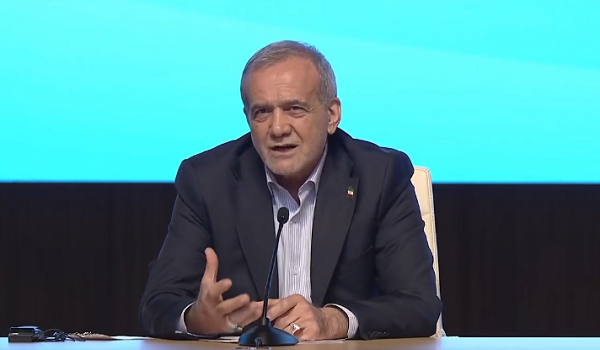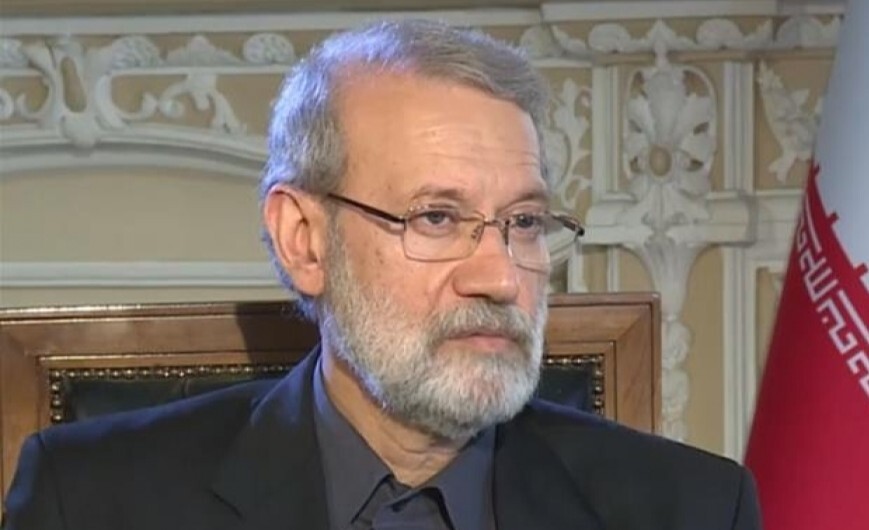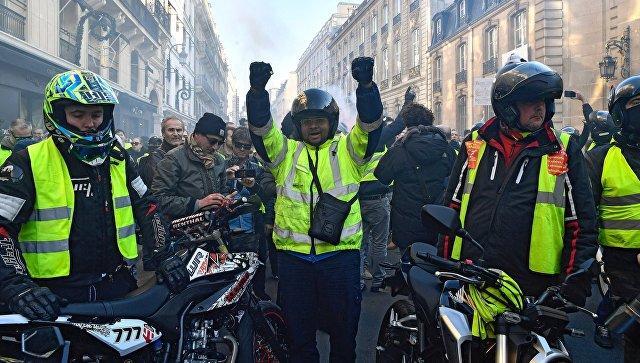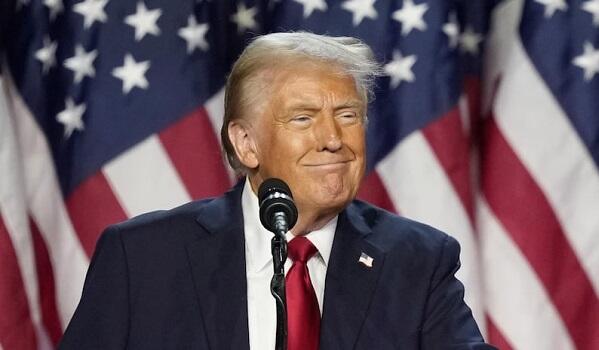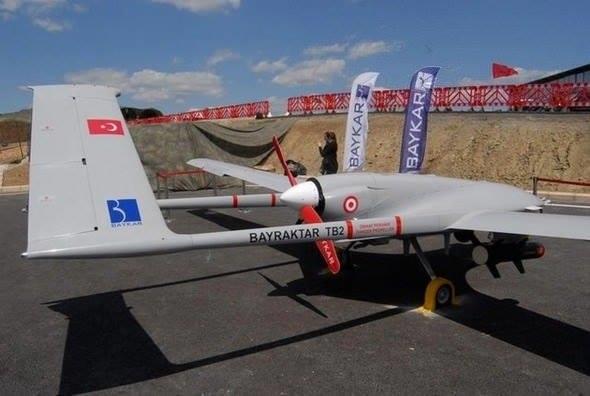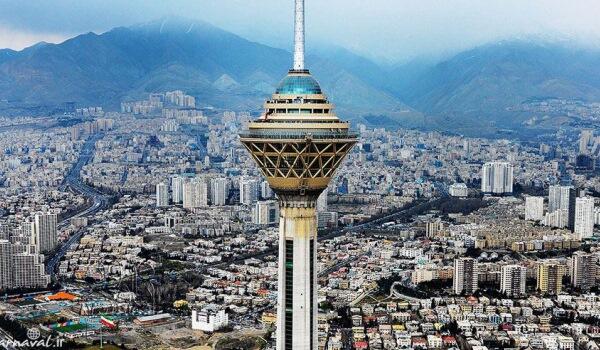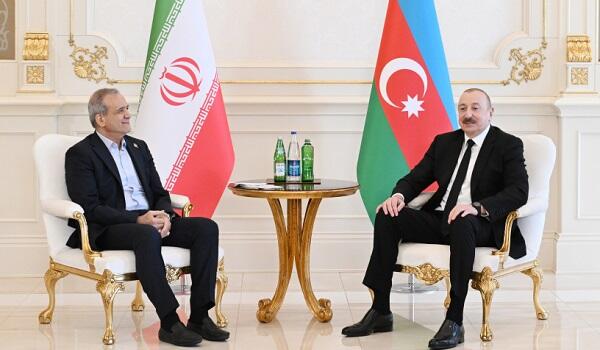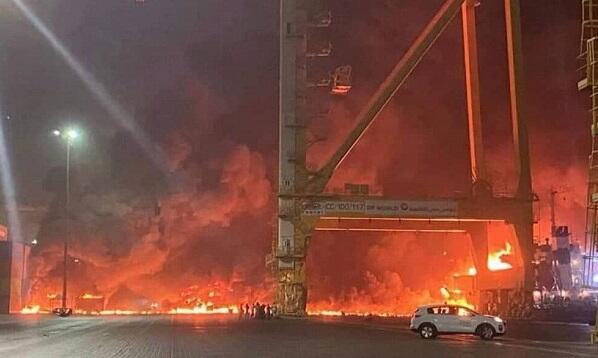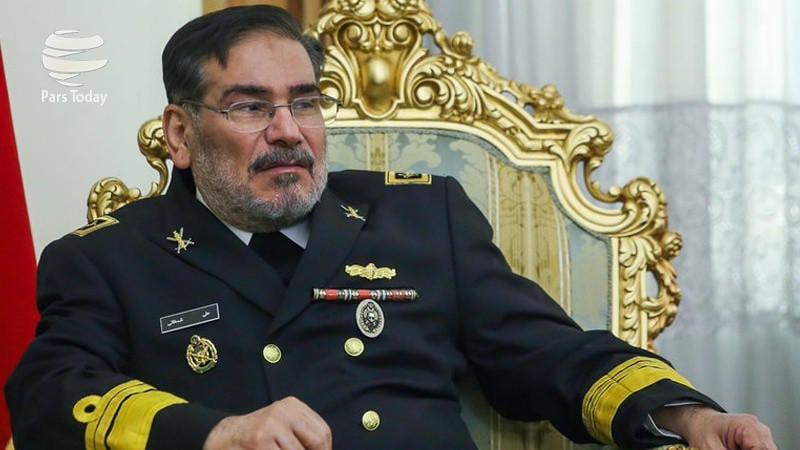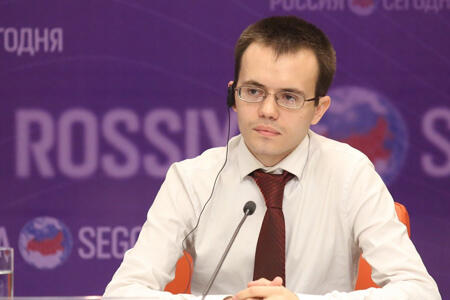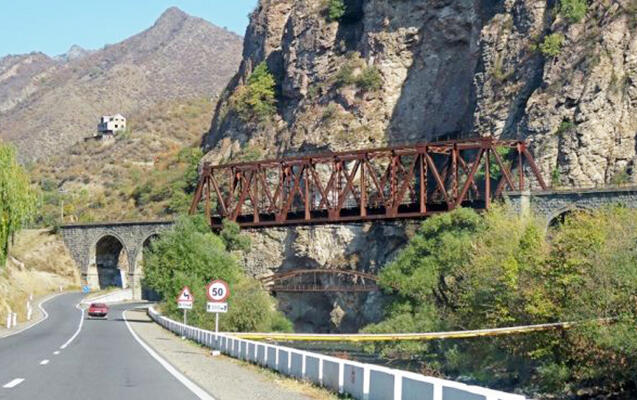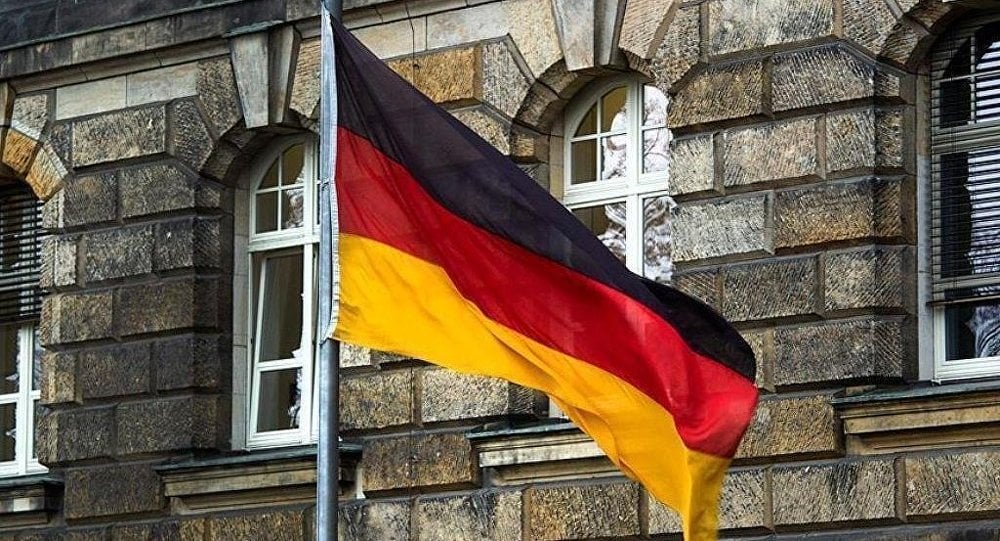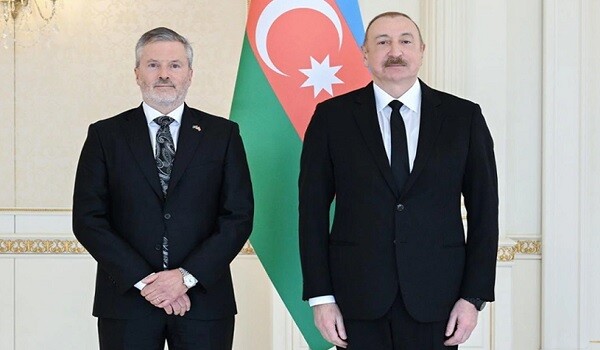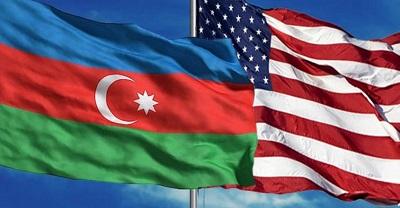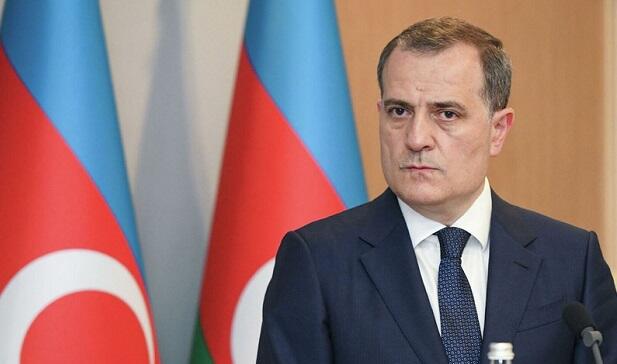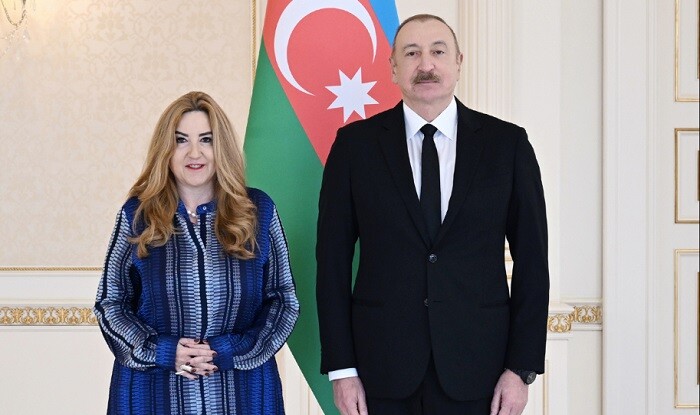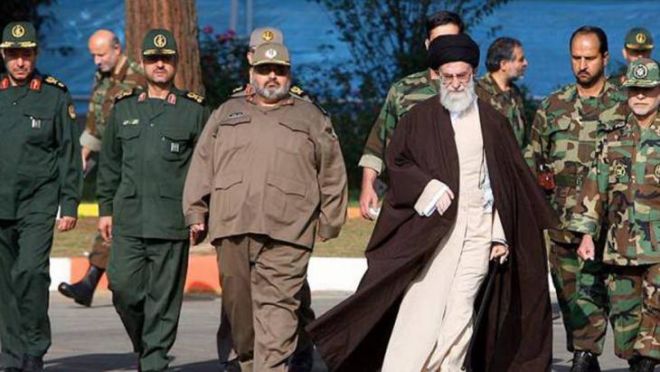Axar.az presents the article "Armenia's Three-Phase Terrorist Strategy Is Worth Studying" by Andrew Korybko.
One of the lessons that the international community is learning from Azerbaijan is that terrorism doesn't have any religion or ethnicity after Armenia has been exposed for carrying out such acts against Azerbaijani civilians throughout the course of Baku's ongoing counteroffensive. This wasn't the first time that Armenia has supported terrorism either, but rather it's the second phase out of three, all of which are worth studying in order to better understand how this phenomenon has manifested itself in the Nagorno-Karabakh conflict.
The first phase of Armenia's terrorist strategy was its ethnic cleansing of the non-Armenian population in Nagorno-Karabakh and the seven surrounding districts that fell under Armenian occupation after the first stage of the conflict ended in 1994. Estimates vary between 600,000-1.2 million Azerbaijanis who were forced to flee from their homes during Armenia's war of aggression against its neighbour. Regrettably, the powerful Armenian diaspora lobby has worked hard to ensure that the international community forgets about these crimes.
The second phase of terrorism is Armenia's ongoing missile attacks against Azerbaijani residential areas far beyond the current conflict zone. These strikes are carried out from a position of desperation and weakness as Armenia seeks to inflict humanitarian suffering on Azerbaijan in a last-ditch attempt to reduce the pace of its lightning-fast liberation of the occupied territories. This strategy has backfired, however, since it raised international awareness of Armenia's terrorist tactics and exposed Azerbaijan as the real victim.
The third phase relates to Armenia's use of de-facto human shields such as its recruitment of child soldiers, the holding of military meetings inside of schools, and the suffering that it's purposely putting the people of Nagorno-Karabakh through in a misguided attempt to generate international sympathy for its cause. Armenia is also recruiting mercenaries from its Mideast diaspora and even Kurdish PKK terrorists to replenish its lost ranks, which is creating a terrorist hotbed in the South Caucasus with serious security implications for all stakeholders.
It's worth studying these three terrorist phases in detail since the insight that's revealed is that all of this was entirely avoidable had the international community -- in particular the five permanent members of the UNSC and especially the three of them which co-chair the OSCE Minsk Group -- pressured Armenia to abide by the four UNSC Resolutions on the matter. Yerevan's war of aggression resulted in ethnic cleansing, after which these crimes were “defended” by attacking Azerbaijani civilians elsewhere and recruiting Mideast terrorists.
The key, then, is to stop this three-phase terrorist process at its roots before it has the chance to transform into its later manifestations. The international community failed to act from the get-go, with some countries even secretly supporting Armenia, which created the prior status quo that Azerbaijan decisively changed with its counteroffensive. It's now known from Armenia's recent pattern of behavior that its backup plan all along was to strike Azerbaijani residential areas outside the conflict zone and establish a foreign terrorist hotbed.
Upon committing both of these crimes, it then unsuccessfully sought to activate its powerful diaspora lobbying network to pin the blame for everything on Azerbaijan, hoping that its political and media proxies could cultivate more foreign support for Yerevan's cause. This failed because the missile attacks outside the conflict zone were widely reported, and few if any seriously believed Armenia's claims that it had nothing to do with them. This in turn led to many reconsidering the Armenian “victimhood” that they previously took for granted.
On that topic, Armenia's information warfare narrative primarily rests in its cries that the separatists' defeat would result in a “genocide”, though this prediction isn't grounded in reality. In fact, it was those same Armenian separatists and their patrons in Yerevan who committed ethnic cleansing against the non-Armenian Azerbaijanis of the region. Azerbaijani social media activists have thus far done an excellent job informing the international community of this reality through their active posting on Facebook and Twitter.
Foreign governments also doubt the credibility of Armenia's claims too otherwise they'd have put more meaningful pressure on Azerbaijani to halt its counteroffensive. Moreover, they also know that any public attempts to do so would reveal their hypocrisy in the face of international law since everything that Baku is doing is justified through the four UNSC Resolutions on the matter and Article 51 of the UN Charter regarding the right to self-defense. It's therefore counterproductive from a soft power perspective to support Armenia.
As the tables steadily turn against Armenia on the physical and information warfare fronts, the opportunity presents itself for the international community to undertake some urgent soul-searching in asking themselves why they fell for Armenia's game for so long. They should also express regret for not stopping Yerevan's ethnic cleansing campaign from the very beginning which has since transformed into an all-out terrorist war against civilians with very destabilizing international implications concerning its recruitment of Mideast terrorists.
In conclusion, studying Armenia's three phases of terrorism is a task worth undertaking. It not only leads to the obvious realization that terrorism has no religion or ethnicity unlike some have mistakenly assumed, but it also suggests possible courses of action that other rogue states similar to Armenia might undertake as they face defeat on the battlefield. This should inspire the international community to proactively stop these destabilizing developments during the first stage of ethnic cleansing before they spiral out of control.
